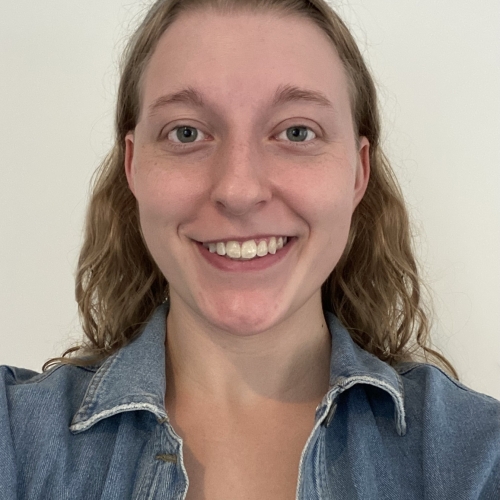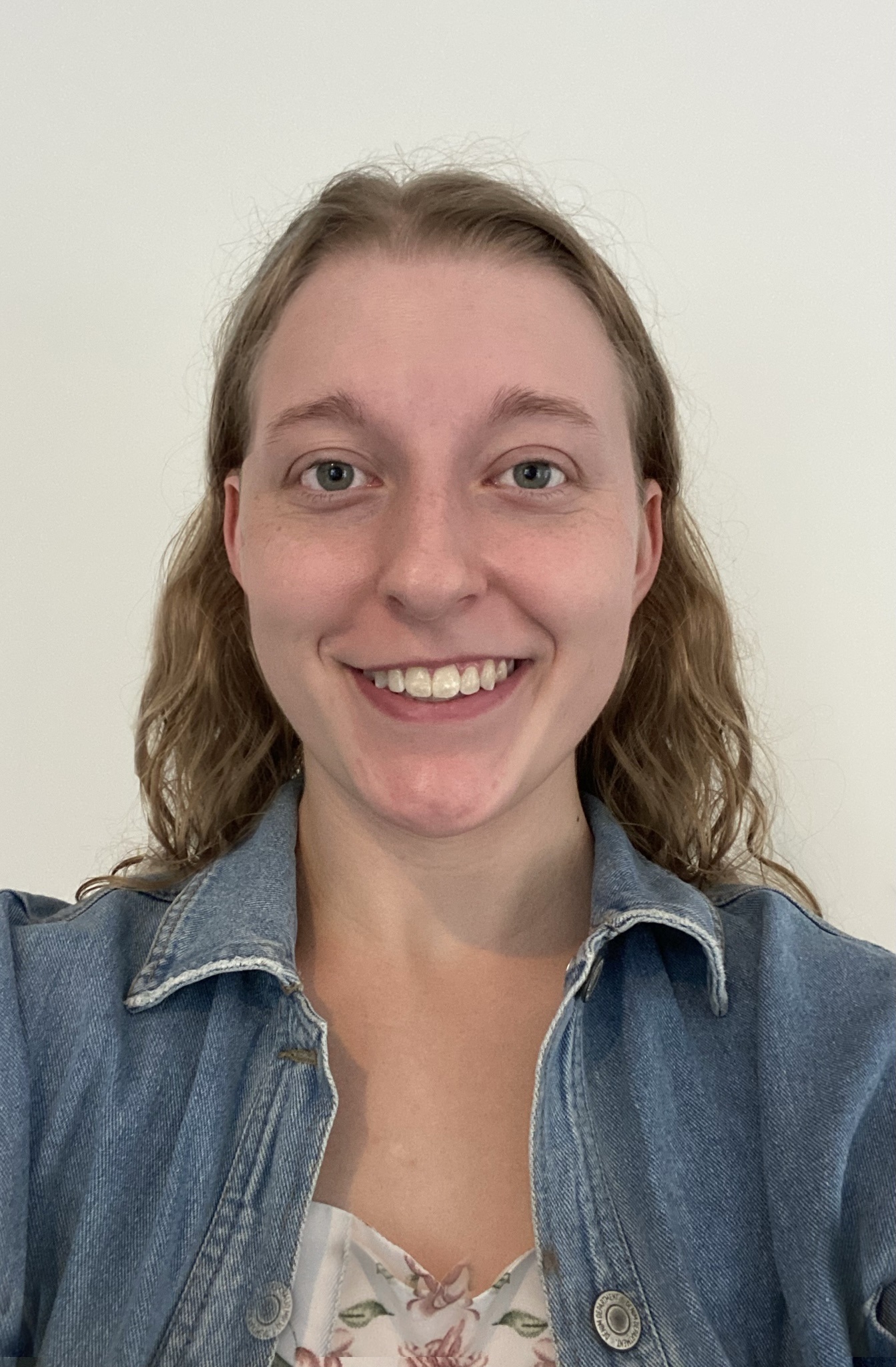
Renee Oldfield
The University of Queensland
Renee moved to Australia from the US in 2009, and she came to Brisbane from the Sunshine Coast in 2019 to begin studying at the University of Queensland. She’s currently in her 4th year of a Bachelor of Advanced Science (Honours) degree at the UQ, majoring in Mathematics. Her area of interest in math is dynamical systems. In 2021, She did a semester-long project on a Susceptible, Infectious, Recovered (SIR) model incorporating travel and this year, for her honours project she is working on understanding how large and infrequent changes in a dynamical system affects the system, such as the effect on long-term behaviour. Renee has worked as a high school math and ESL tutor since beginning university and she is tutoring maths course at UQ from this semester.
Can you give me a quick overview of the type of mathematics you are studying and its potential impacts for the broader community ?
My area of interest is dynamical systems. A dynamical system is a system that changes over time. Some examples would be population growth or the motion of an object moving through space. The study of dynamical systems has applications to other areas of science, such as physics and biology. For example, dynamical systems models of disease have been used to study and predict the spread of COVID-19 in different contexts.
How did you get into mathematics/statistics/data science? Was there someone or something that inspired you to this field?
I did quite well at math in high school, but I wasn’t sure whether to study math or a science, such as chemistry or biology. I had a couple math teachers in my final years of high school that really encouraged me to do math, and I realised that if I studied a different area over math I would miss it. After I started studying math at university it was easy to see that I made the right decision.
You received a scholarship to attend AMSI Summer School 2022. How important was this in terms of your ability to attend, fully participate in the program and meet others studying in similar fields?
I was really glad to receive a scholarship to attend the summer school. I likely wouldn’t have been able to attend without it, and attending the summer school was a really great way for me to meet students studying in different areas of math and hear from different professionals working in the math field, both in industry and academia.
The purpose of Summer School is to give students an opportunity to develop their mathematical skills, meet like-minded people and network with potential employers. What was the most valuable part of the program for you? Was it the course content or the people you met? Do you have new ideas for your work/research or see it in a new light?
The course I was studying wasn’t very related to my area of interest or the other classes I’ve studied at university, so it was very interesting to be able to learn something different. For me the most valuable part of the program was being able to attend the Careers Day, including interacting with both other students and professionals. We heard about working in both industry and academia and were able to ask professionals questions about their experiences, how to get into their line of work, what their company is like, etc. I feel like there is more variety in industry positions than I previously thought. I also enjoyed hearing from the Chief Scientist of Australia.
Summer School included a special Careers Day program which aims to help give students an idea of the kinds of career paths available to maths graduates in industry and private sector research areas. Were you previously aware of the types of industry opportunities available to mathematical science graduates? Would you consider working with industry? Do you feel better equipped to explore career options in the mathematical sciences after attending AMSI Summer School?
I was previously aware of some of the industry opportunities that were talked about at the Careers Day, such as finance and meteorology, but some were new to me, such as the kinds of jobs available with the Department of Defence. It was also great to hear from an academic, as academia is (at this point) what I am interested in. Although I lean more towards academia than industry, it was a bit of relief to know that there is such a variety of jobs available if I decide that academia isn’t for me.
AMSI Summer School was held as a virtual event. What was the biggest positive from your point of view holding it in this format and/or the biggest challenge?
Having the summer school as a virtual event enabled me to meet and interact with students and lecturers from other universities that I would normally not be able to. It also made it easier to schedule work around the classes and events than if I had to travel to campus. I think a challenge of virtual learning is that it can feel a bit isolating, but all of the non-class events helped with this.
What advice would you give to someone who is considering applying for Summer School in 2023? Should they apply and why?
Even if there isn’t a class that is related to your area of interest, I think it’s worthwhile to attend a class that sounds interesting and can enable you to learn something new. If you don’t want the potential stress of taking a class for credit, I would say apply and take a course just for fun. I didn’t take the course for credit but it was still a valuable experience to learn something new and interact with other people who love math.
Where do you want the mathematical sciences to take you? Where do you see yourself in five, ten years time?
At this point, I am interested in continuing a career in academia and/or research in the future, but I am open to industry jobs as well. If I continue further education, I may still be studying in 5 years.

